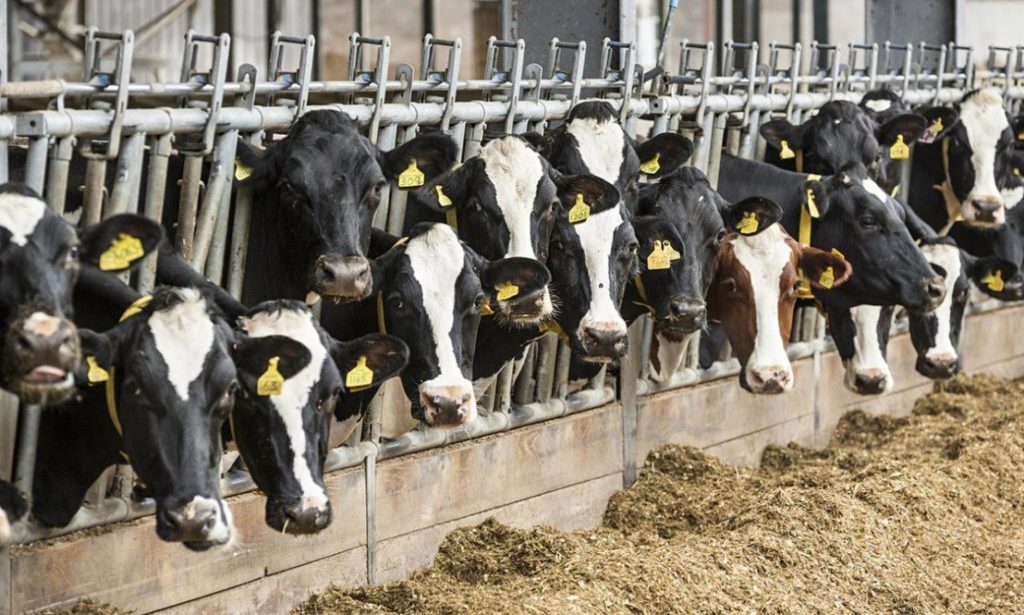The dairy industry may finally get a mandatory code of conduct, but what difference will that really make for farmers?
The Australian Competition and Consumer Commission called for a mandatory code earlier this year but key parts of the industry resisted, saying the costs would be too high and what they really needed was less regulation.
Some farmers complained that they were working for just $2.50 an hour while others warned that 50 per cent of milk suppliers would be out of business by Christmas if things did not change.
Australian Dairy Farmers (ADF), the peak body representing both dairy farmers and the processing and manufacturing sector, finally issued a statement that supported a mandatory code.
It will be up to the Agriculture Minister David Littleproud to move it forward.
“Now that we have philosophical agreement, we can work through the details of a proposed mandatory code together and then I can take the proposal to Cabinet,” he said.
Why does the ACCC think a mandatory code is needed?
The ACCC began the debate late last year when the agriculture commissioner Mick Keogh said a mandatory code was needed to address “a large imbalance of power that exists between dairy farmers and processors.”
He pointed to the ability of processors to “unfairly step-down” prices during the season and contracts that “unreasonably” prevented farmers from switching processors.
That would change under a mandatory code, and if it did not, the ACCC could issue fines on companies that breached the code.
It could also include an independent resolution procedure that allows small claims to be investigated — a key issue for NSW farmers.
Shaughan Morgan from NSW lobby group Dairy Connect said “exclusivity of supply, collective bargaining, mediation and arbitration” were the key things that need to be addressed.
He doubts the cost will be significant.
Will it really improve the farm gate milk price?
The Federal Agriculture Minister David Littleproud has warned farmers not to expect a rise in the farm gate price of milk as a result.
“While a mandatory code should improve bargaining power it is unlikely to change milk prices,” he said.
But Mr Morgan believes it will make a difference.
“What we need to see is an opportunity to negotiate a milk supply agreement that is fair, balanced and transparent and by doing that we hope a strong farm gate price may follow,” Mr Morgan said.
Andrew Lester is the Tasmanian Dairy Council Chair and a member of the Australian Dairy Farmers (ADF).
He is hesitant about a mandatory code but voted in favour of it to ensure the ADF can influence the outcome.
He does not believe it will improve the milk price.
“What it’s designed to do is outline the conduct of processors in developing contracts and make sure there’s a fair and reasonable amount of risk borne across the supply chain,” he said.
Mr Lester said outlawing the practice of “step-downs” may have unintended consequences.
“What also concerns us a little bit is that processors will be reluctant to open as high [and they] may hold off delivering a milk price early in the season to protect themselves from stepping down.”
Hidden costs and the way forward?
The ADF and the United Dairyfarmers of Victoria (a section of the Victorian Farmers Federation) are calling for a regulatory impact statement to highlight what the cost will be and who will pay.
He is worried that farmers will bear the costs because the buck stops with them at the bottom of the supply chain.
Now the focus is shifting to the working of the new mandatory code.
The ADF wants to see key elements of the voluntary code the industry has been working included, while the ACCC may be looking for a clean start.
Article sourced from https://www.abc.net.au
For more news on the Australian dairy industrym, click here.



